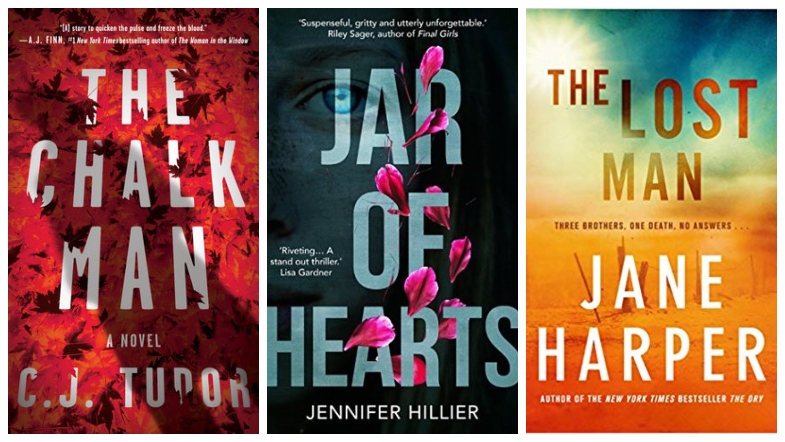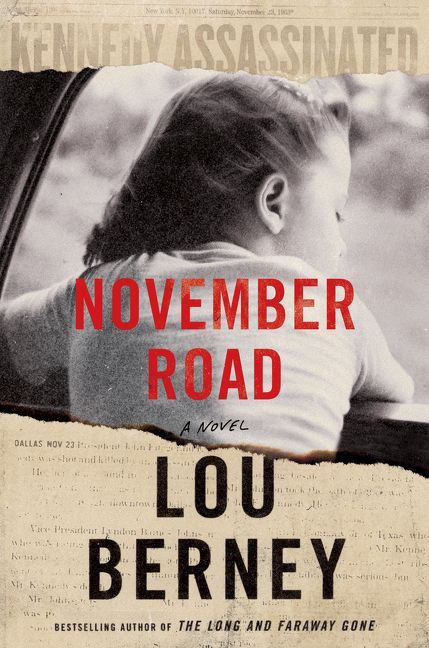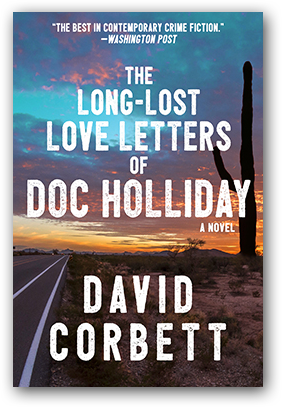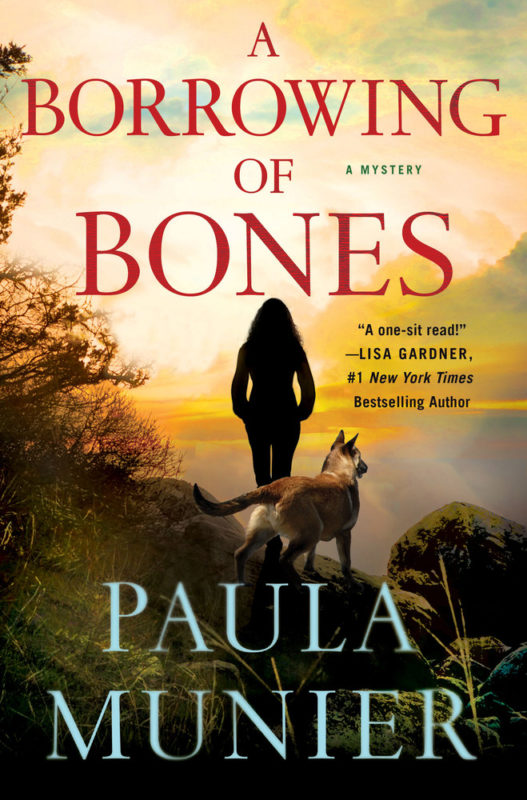Cocktail Codex, Summertime Crime
Reading Time: 5 minutes.
Readers, writers, and drinkers are irretrievably linked.

“I’m an occasional drinker, the kind of guy who goes out for a beer and wakes up in Singapore with a full beard.” ―Raymond Chandler
Barry Day, ed., The World of Raymond Chandler: In His Own Words (2015)
Books about cocktails, on the other hand, are often unhelpful. Where they are practical, they lack insight.

The best I have come across in a long time is The Cocktail Codex, by the folks at Death and Company:
“‘There are only six cocktails.’ So say Alex Day, Nick Fauchald, and David Kaplan, the visionaries behind the seminal craft cocktail bar Death & Co. In Cocktail Codex, these experts reveal for the first time their surprisingly simple approach to mastering cocktails: the “root recipes,” six easily identifiable (and memorizable!) templates that encompass all cocktails: the old-fashioned, martini, daiquiri, sidecar, whisky highball, and flip. Once you understand the hows and whys of each “family,” you’ll understand why some cocktails work and others don’t, when to shake and when to stir, what you can omit and what you can substitute when you’re missing ingredients, why you like the drinks you do, and what sorts of drinks you should turn to–or invent–if you want to try something new.
I am only halfway through the book, but the recipes are simple, logical, and easy to remember. The photography is beautiful.

Summer is of course associated with “beach reads,” but there is a humid, violent darkness associated with the season — think Meursault in Camus’s The Stranger — and there is no better time to read crime fiction and well-turned thrillers. Here are a few sources and suggestions:

The 2019 ITW Thriller Award winners are a good place to start. (I am a particular fan of Australian novelist Jane Harper — consider The Dry and Force of Nature).

An ITW nominee who did not win, however — Lou Berney — wrote November Road, one of the more compelling novels I’ve read lately. As the Associated Press noted: “This superior novel from Edgar winner Lou Berney melds crime fiction with a tale about people reinventing themselves, played out during a cross-country automobile trip.… An emotional story about the power of love and redemption through sacrifice with the backdrop of a crucial historical moment.”

Another discovery (and, for me, a re-discovery) is The Long-Lost Love Letters of Doc Holliday by David Corbett:
The most notorious love letters in American history—supposedly destroyed a century ago—mysteriously reappear, and become the coveted prize in a fierce battle for possession that brings back to life the lawless world evoked in the letters themselves.
Lisa Balamaro is an ambitious arts lawyer with a secret crush on her most intriguing client: former rodeo rider and reformed art forger, Tuck Mercer. In his newfound role as expert in Old West artifacts, Tuck gains possession of the supposedly destroyed correspondence between Doc Holliday and his cousin and childhood sweetheart, Mattie—who would become Sister Mary Melanie of the Sisters of Mercy.
Given the unlikelihood the letters can ever be fully authenticated, Tuck retains Lisa on behalf of the letters’ own, Rayella Vargas, to sell them on the black market. But the buyer Tuck finds, a duplicitous judge from the Tombstone area, has other, far more menacing ideas.
As Lisa works feverishly to make things right, Rayella secretly enlists her ex-marine boyfriend in a daring scheme of her own.
When the judge learns he’s been blindsided, he rallies a cadre of armed men for a deadly standoff reminiscent of the moment in history that made Doc famous: The Gunfight at the OK Corral.
Or, start with the early ones: The Devil’s Redhead and Done For A Dime.

I also suggest, especially if you like dogs and Vermont, A Borrowing of Bones by Paula Munier:
After their last deployment, when she got shot, her fiancé Martinez got killed and his bomb-sniffing dog Elvis got depressed, soldier Mercy Carr and Elvis were both sent home, her late lover’s last words ringing in her ears: “Take care of my partner.”
Together the two former military police—one twenty-nine-year-old two-legged female with wounds deeper than skin and one handsome five-year-old four-legged Malinois with canine PTSD—march off their grief mile after mile in the beautiful remote Vermont wilderness.
Even on the Fourth of July weekend, when all of Northshire celebrates with fun and frolic and fireworks, it’s just another walk in the woods for Mercy and Elvis—until the dog alerts to explosives and they find a squalling baby abandoned near a shallow grave filled with what appear to be human bones.
U.S. Game Warden Troy Warner and his search and rescue Newfoundland Susie Bear respond to Mercy’s 911 call, and the four must work together to track down a missing mother, solve a cold-case murder, and keep the citizens of Northshire safe on potentially the most incendiary Independence Day since the American Revolution.
It’s a call to action Mercy and Elvis cannot ignore, no matter what the cost.

For longer lists and thumbnail book reviews, always check The Poisoned Pen Bookstore and its monthly Book News.
Sadly, a work that that did not win any awards this year, or in 1967 (the year it was published), was I Was A Teeny-Bopper For The CIA.

(The full background on the book and the cover art may be found over at the Killer Covers blog).
For music, check the recently updated White Collar Wire playlist on Spotify:
The updates include Aaron Dessner, Spoon, Dave Alvin and Jimmie Dale Gilmore, Mary Gauthier and some fine movement with “Busy Earnin'” by Jungle: